
About Us
Building a future where we all thrive together
The Aga Khan Foundation (AKF) was founded in 1967 by His Late Highness Aga Khan IV to address the root causes of poverty and support community institutions to carry out sustainable, locally-driven initiatives that improve the quality of life. The intention behind AKF was, in His Late Highness’s words, “to meld professional management and technical skills with genuine participation by local people to explore innovative approaches to a selected number of development issues.”
Over the last 50 years, AKF’s activities have expanded to 18 countries around the world, primarily in South and Central Asia, sub-Saharan Africa, and the Middle East, reaching millions of people every year.
AKF works across seven interconnected areas of development and works alongside communities to design, build and sustain their own solutions to the development challenges they face. AKF’s programmes place an emphasis on the transfer of knowledge, skills and technology so that individuals, civil society and government at all levels are better equipped to address their challenges and create new opportunities without AKF’s ongoing support.
We are committed to the communities we serve, and we take a long term approach to ensure that the initiatives we undertake meet their objectives – that is they achieve sustained development outcomes.
AKF is active internationally but we are rooted in the communities serve. Ninety-nine percent of our approximately 4,000 staff are local to the places we work allowing us to contextualise our approach to each region. We combine the local knowledge of our staff and the communities we serve with global best practices to bring about transformative change and improvements to the quality of life.
Our integrated programmes aim to ensure infants have the best possible start in life; families are healthy and well-nourished; children and young people can access quality learning opportunities and grow to fulfil their potential; and adults can develop future-facing skills so they can gain employment or start their own businesses. At the heart of these programmes is the empowerment and advancement of women and girls. It is AKF’s belief that women and girls should not be limited in their choices or opportunities. We are dedicated to fostering inclusive communities in which all voices are heard and valued.
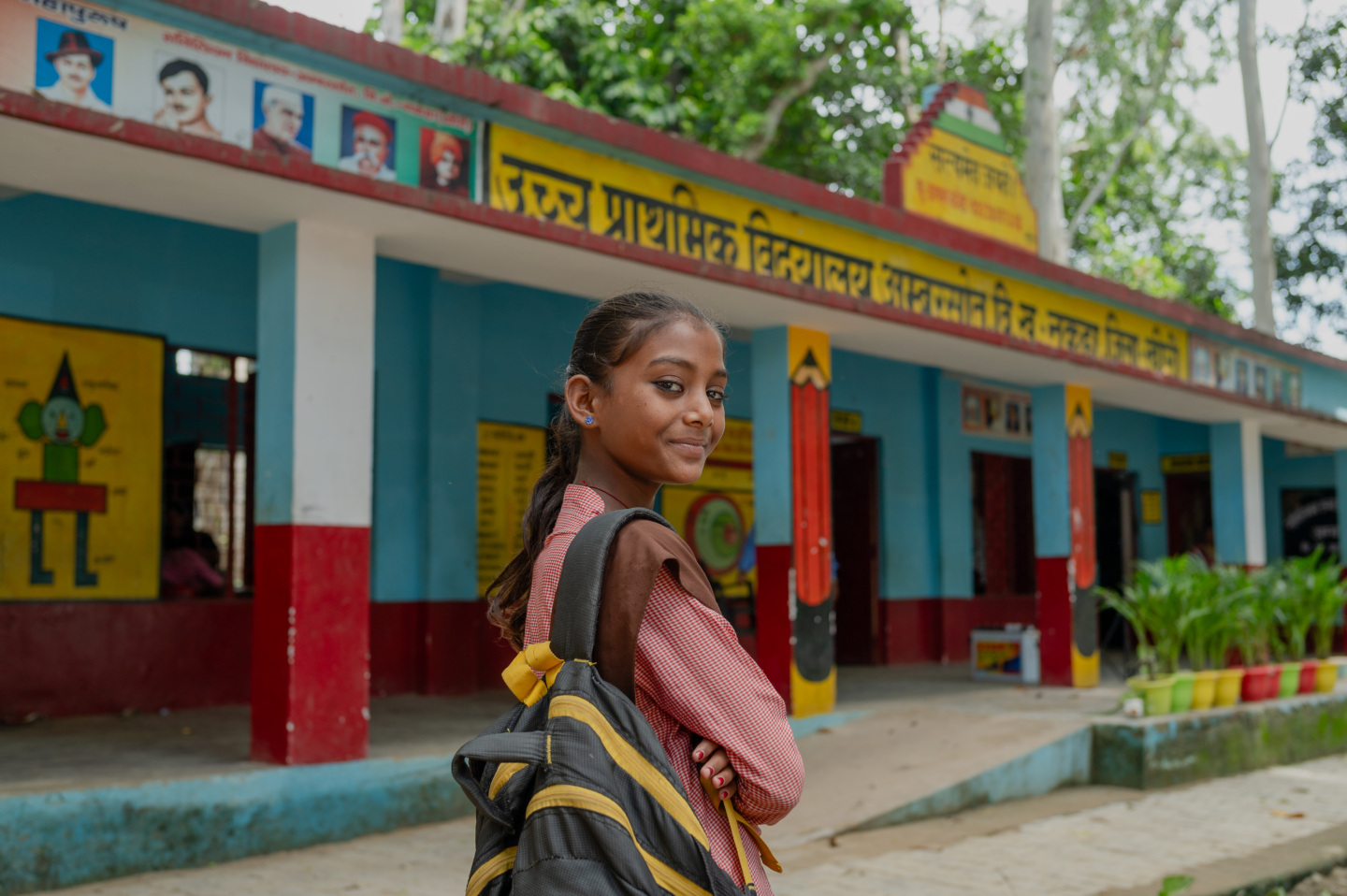
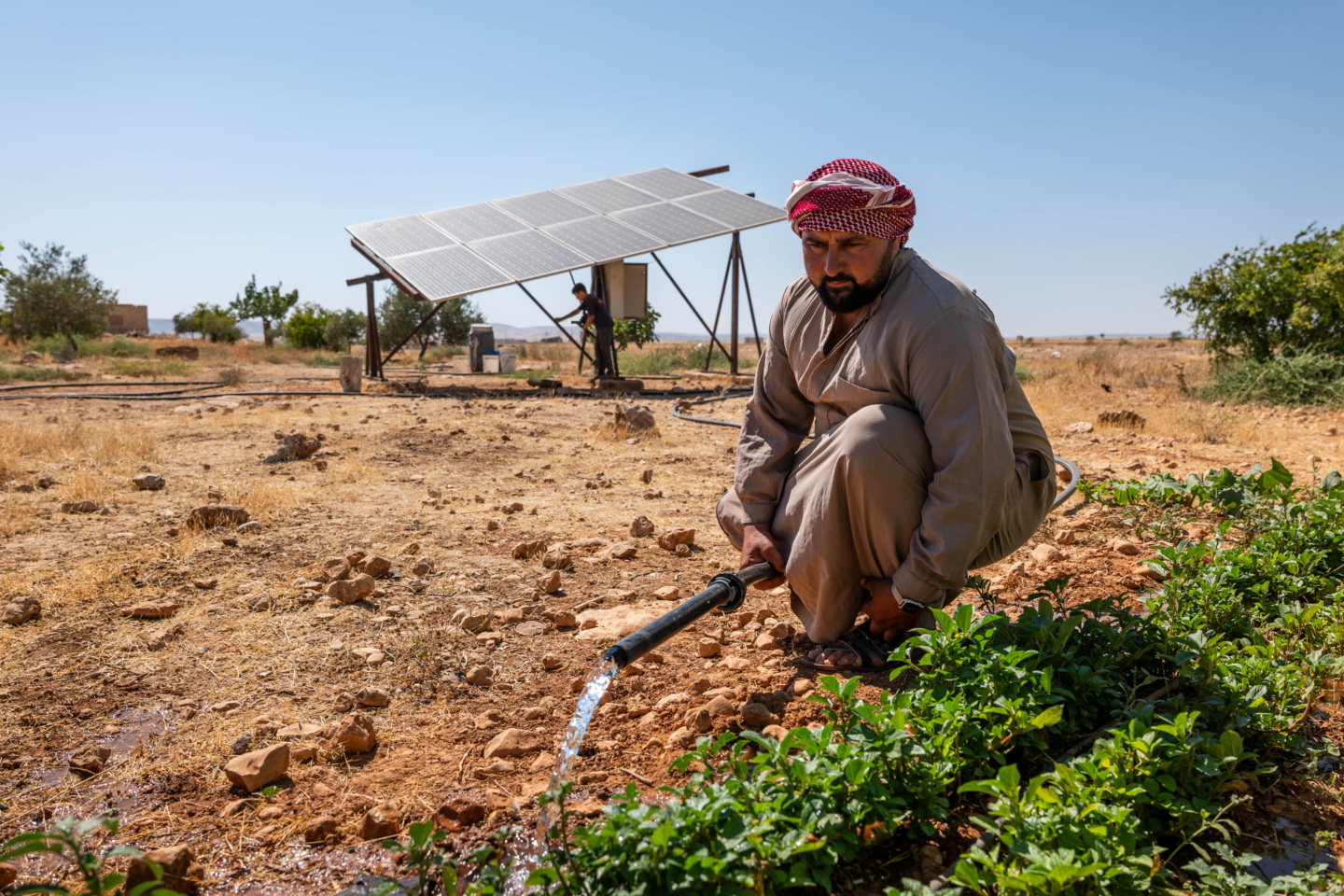
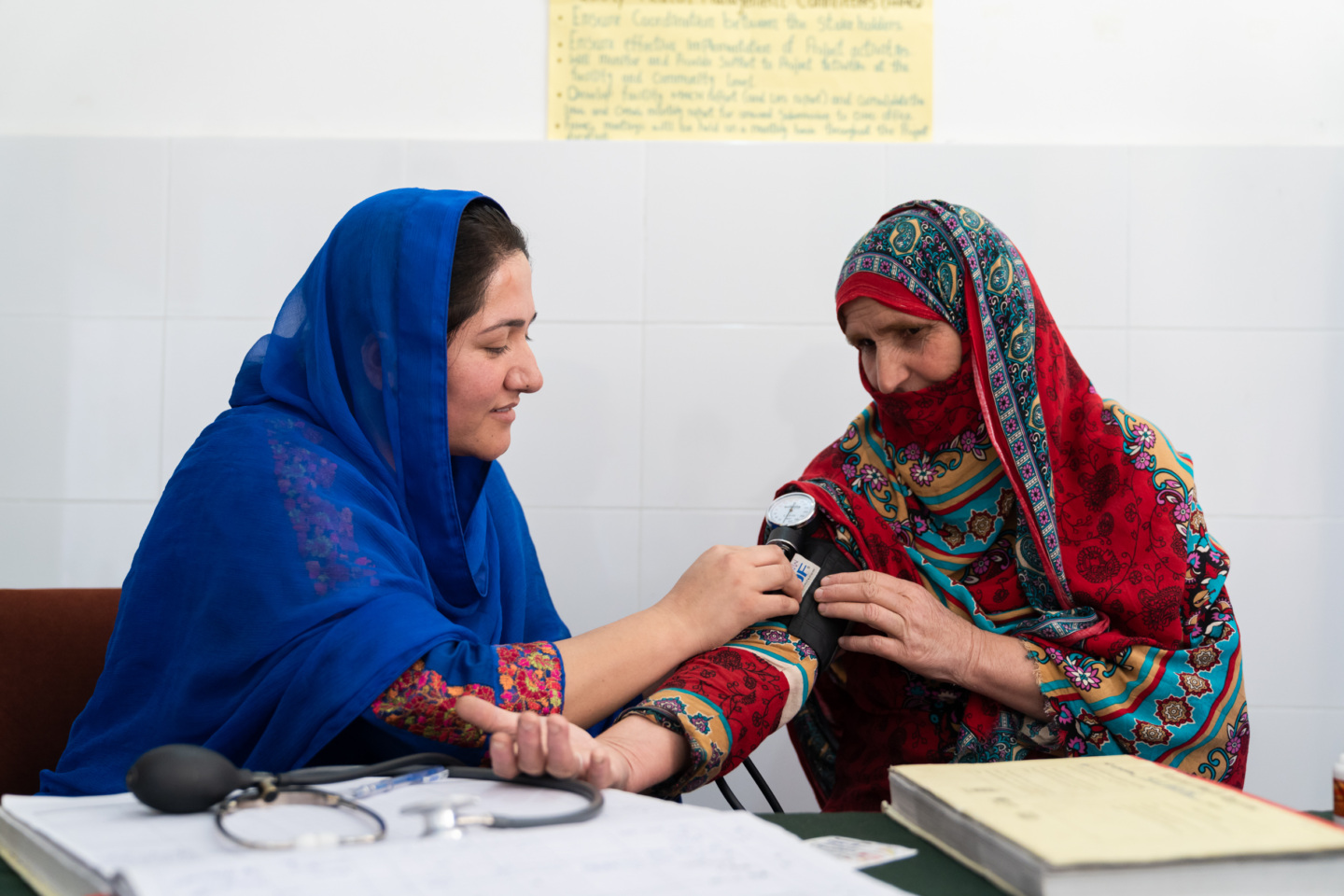
As the climate changes, AKF is working with the communities we serve, especially farmers, to adapt to its challenges and opportunities. To meet rapidly evolving challenges, we are using innovation to empower communities to develop new solutions that can be quickly tested and refined ensuring they are relevant, feasible and sustainable.
Through partnerships with local communities, civil society and business as well as governments, international aid agencies and the other agencies of the Aga Khan Development Network (AKDN) – comprising hospitals, schools, universities, businesses and climate and cultural initiatives around the world – we are building a future where we all thrive together.
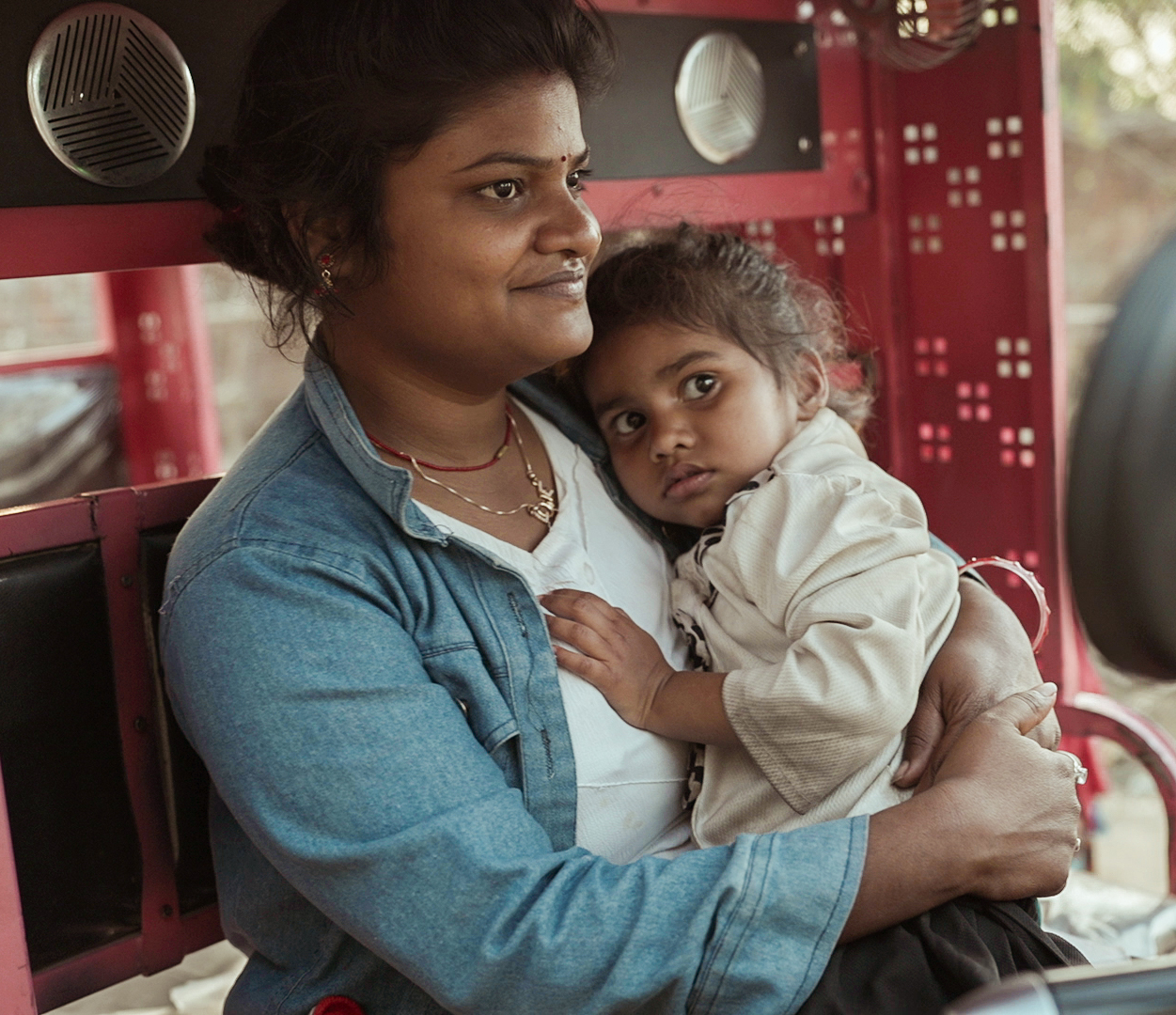
20 million
Each year, AKF reaches approximately 20 million people through its programmes – more than half of the people reached were women
Focus areas and objectives
AKF implements a range of integrated, innovative and gender sensitive programmes in agriculture and food security; civil society strengthening; climate resilience; early childhood development; education; health and nutrition; and work and enterprise to improve the quality of life. The precise combination of initiatives depends on the needs of each community we work with as identified by that community.
Our interventions are informed by evidence, data, local knowledge and extensive networks of community-led institutions. Our activities are coordinated not only with those of other AKDN agencies but also with local, national and international partners in order to bring to bear a full package of multiple activities that can spark a long-term process of positive change.
In addition, we often play a convening, partnership development, policy dialogue and resource mobilisation role for AKDN and its agencies.
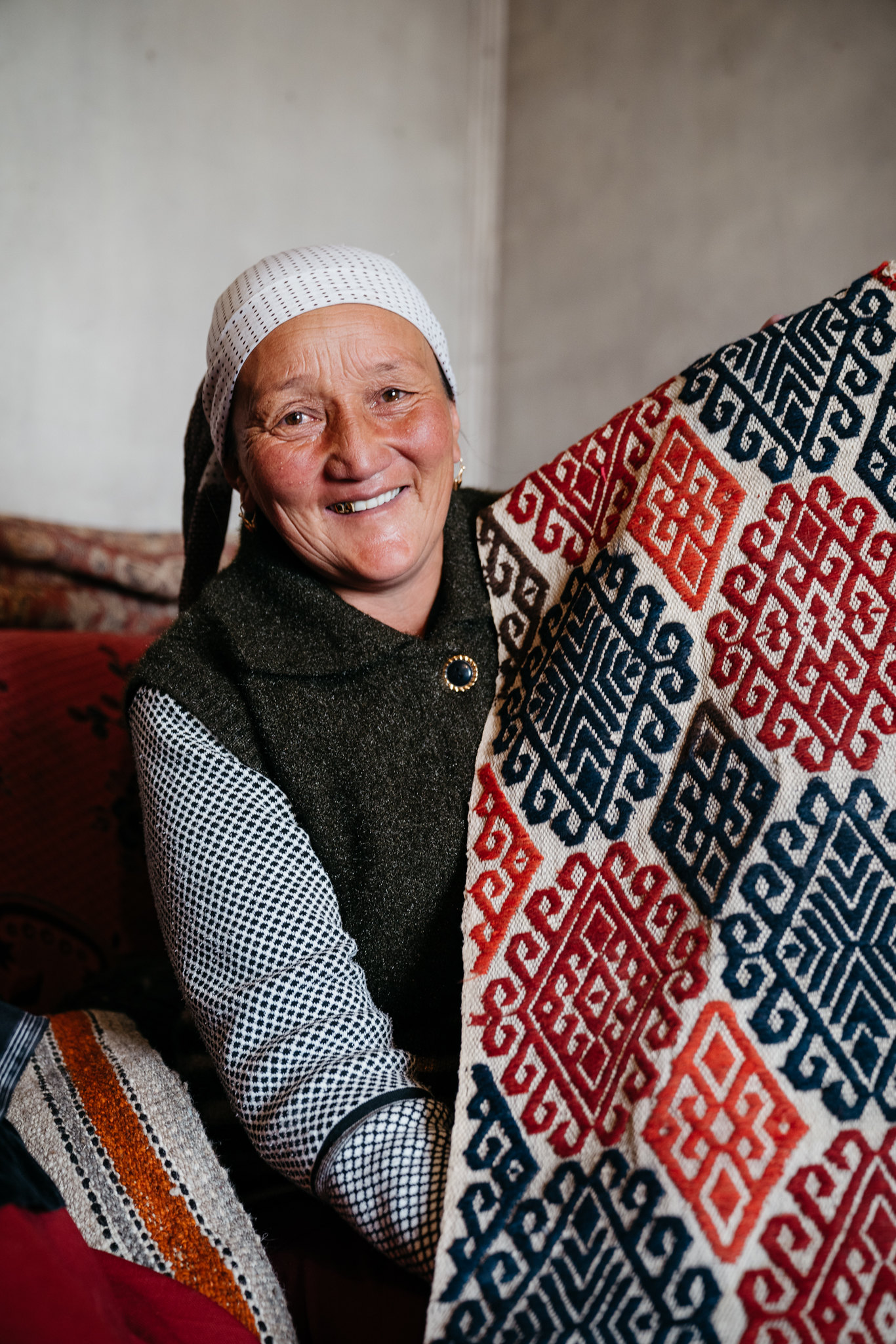
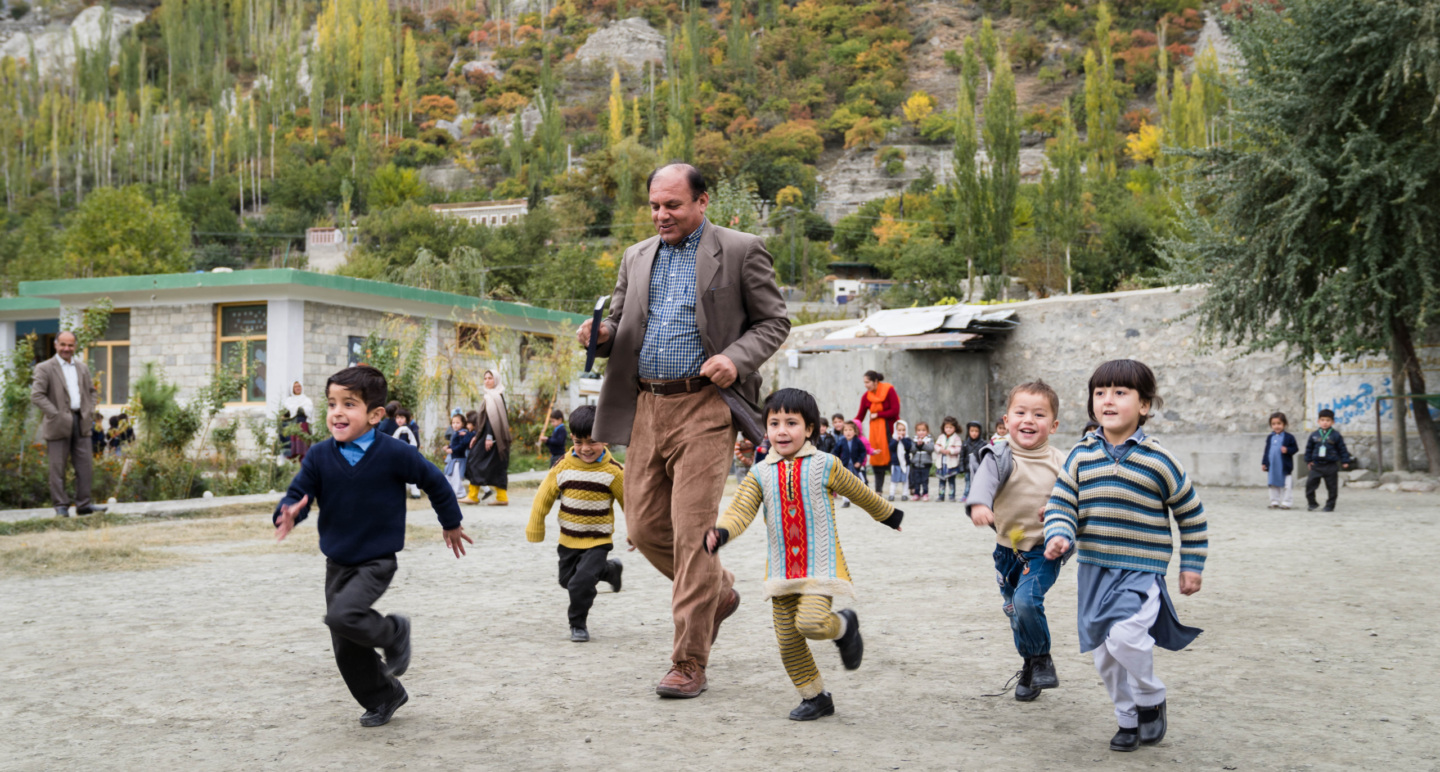
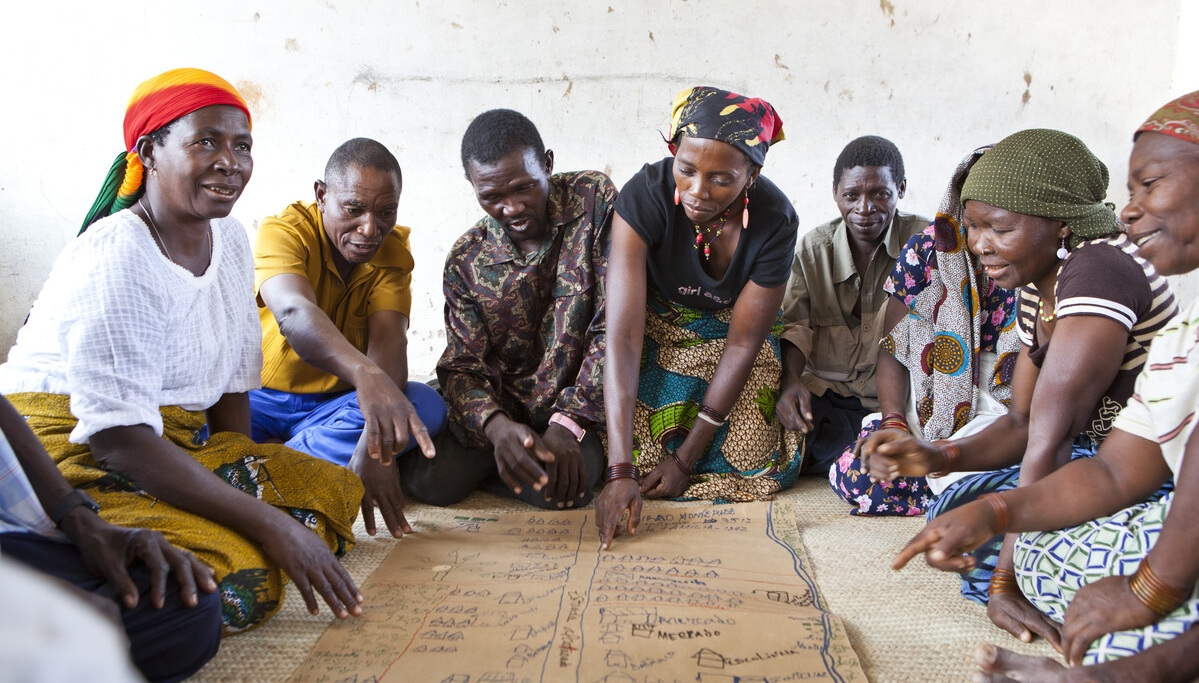
Geographic reach
The majority of our activities are concentrated in rural communities in mountainous, coastal and other remote, resource-poor areas. While we continue critical work in rural contexts, we have increasingly expanded our programming to include issues of globalisation, migration, climate change and the challenges faced by migrant communities in urban contexts.
We operate in Afghanistan, Egypt, India, Kenya, the Kyrgyz Republic, Madagascar, Mozambique, Pakistan, Portugal, Syria, Tajikistan, Tanzania and Uganda. We also have offices in Australia, Canada, the United Kingdom and the United States, focusing primarily on resource mobilisation and public outreach. Our headquarters are in Geneva, Switzerland.
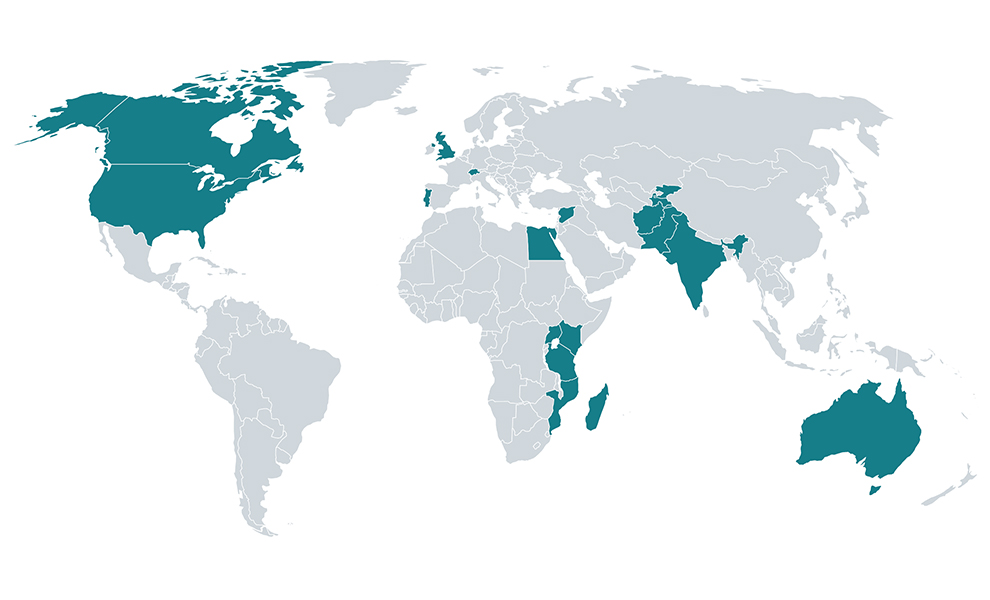
Learning and evaluation
Gathering data on the scale, scope and impact of our programming is an integral part of our efforts to assess, understand our footprint and improve our approaches. Within each project, data is collected to understand the extent to which targets have been met and how communities are experiencing improvements in their lives.
While adapting approaches to local contexts, we make efforts to apply a standard set of global indicators in order to track change and trends over time. Evidence generated from results data is shared with partners, communities and other key stakeholders such as governments and civil society. Insights drawn from the data help to inform decision-making, not only internally, for our programming, but also among policymakers and other local actors.

Innovation
AKF has nurtured a culture of innovation and collaboration for decades, placing communities at the centre of the development process. Through Accelerate Impact, an internal design incubator, AKF uses design methodologies and innovative problem-solving approaches to co-create the next generation of solutions, systems and strategies for greater impact, relevance and scale.
Sharing best practice
AKF is committed to sharing best practices globally and building the knowledge and skills of communities, partners, volunteers and staff. AKF’s Learning Hub makes available high-quality resources, including blended learning courses, instructional videos, webinars and documents in 19 languages.

One’s identity need not be diluted in a pluralistic world, but rather fulfilled, as one bright thread in a cloth of many colours.His Late Highness Aga Khan IV
Our values
The work of AKF and AKDN is grounded in a set of universal ethics. All AKDN agencies have the goal of creating sustainable livelihoods and building institutions that improve the quality of life for communities and individuals. Our core values are:
- Respect for human dignity
- Compassion and solidarity with the less fortunate
- Self-reliance
- Pluralism: tolerance, openness, and understanding toward other peoples’ cultures, values and faiths
- The right to participate and determine local priorities
- Service to humanity through volunteerism
To learn more about our approach, explore our Global Safeguarding Manual below.
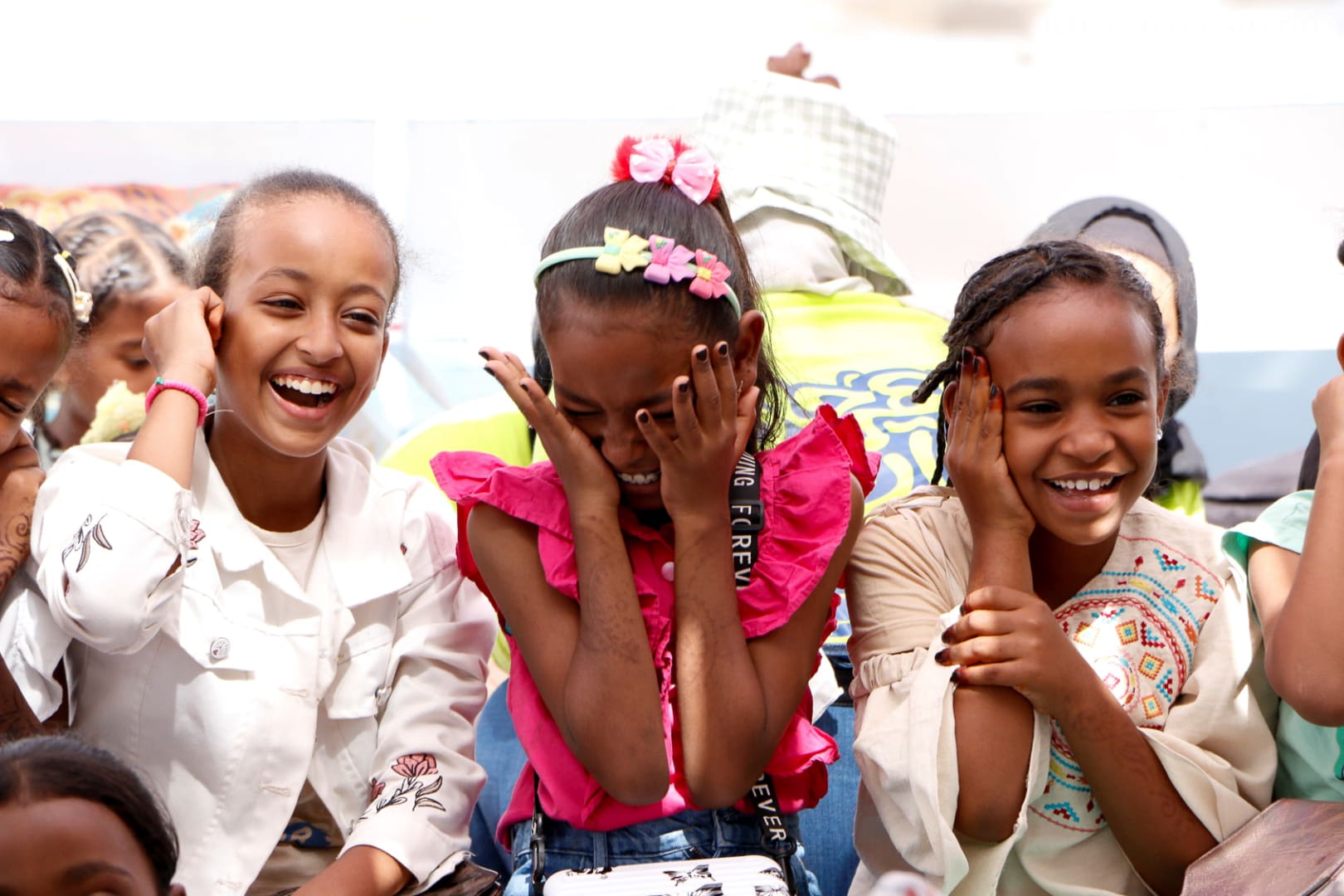
Support our work Your donations are helping us build a future where we all thrive together.